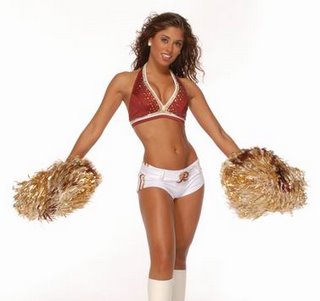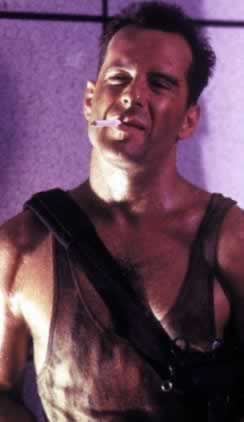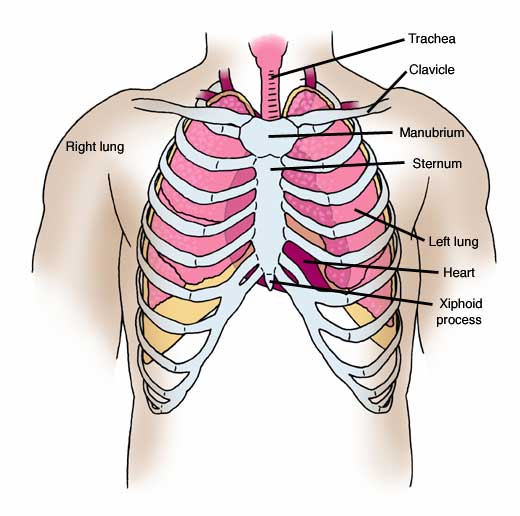DAILY QUOTES
Fuck the world, don't ask me for shit. And everything you get ya gotta work hard for it.
~Biggie Smalls (Is the Illest), Notorious BIG, Christopher Wallace
Man must evolve for all human conflict a method which rejects revenge, aggression and retaliation. The foundation of such a method is love.
~Martin Luther King Jr.
For the night was not impartial. No, the night loved some more than others, served some more than others.
~Eudora Welty
FlowersChild sent me the following stuff about Jesse Owens the other day:
(Slightly Edited For Length, Steve Biko Information/Bio added by me.)
JESSE OWENS
His name was actually James C., but when asked his name in school the teacher thought he said Jesse and it stuck. Another thing was that one of his gold medals was won on a relay that he wasn't scheduled to run. He subbed in for a Jewish runner who was taken out so as not to offend the Nazis.
But then there was this (takes place 1 year before Olympics):
A week before the Big Ten meet, which was held in Ann Arbor, Mich., Mr. Owens and a fraternity brother were wrestling playfully when they tumbled down a flight of stairs. Mr. Owens's back hurt so much that he could not work out all week. Coach Larry Snyder and teammates had to help him in and out of the car that drove him to the track for the meet.
There, in a vain attempt to lessen the back pain, he sat for half an hour in a hot tub. He did not warm up or even stretch. At the last minute, he rejected suggestions that he withdraw from the meet and said he would try, event by event. He tried, and the results are in the record book. On May 25, 1935, from 3:15 to 4 P.M., Jesse Owens successively equaled the world record for the 100-yard dash (9.4 seconds), broke the world record for the broad jump, now called the long jump, with his only attempt (26 feet 8 1/4 inches, which remained the record for 25 years), broke the world record for the 220-yard dash ( 20.3 seconds, which also bettered the record for 200 meters) and broke the world record for the 220-yard low hurdles (22.6 seconds, which also bettered the record for the 200-meter low hurdles).

Jesse Owens
10 Blacks on Team
The United States Olympic track team, of 66 athletes, included 10 blacks. The Nazis derided the Americans for relying on what the Nazis called an inferior race, but of the 11 individual gold medals in track won by the American men, six were won by blacks.
The hero was Mr. Owens. He won the 100-meter dash in 10.3 seconds, the 200-meter dash in 20.7 seconds and the broad jump at 26 feet 5 1/2 inches, and he led off for the United States team that won the 400-meter relay in 39.8 seconds.
His individual performances broke two Olympic records and, except for an excessive following wind, would have broken the third. The relay team broke the world record. His 100-meter and 200-meter times would have won Olympic medals through 1964, his broad- jump performance through 1968. Oh, and Steve Biko died on this day in 1977 (September 12th).

Steve Biko Stephen Bantu Biko (18 December 1946-12 September 1977)
From an early age Steve Biko showed an interest in anti-Apartheid politics. After being expelled from his first school, Lovedale, in the Eastern Cape for 'anti-establishment' behaviour, he was transferred to a Roman Catholic boarding school in Natal. From there he enrolled as a student at the University of Natal Medical School (Black Section). Whilst at medical school Biko became involved with the National Union of South African Students (NUSAS). But the union was dominated by white liberals and failed to represent the needs of black students, so Biko resigned in 1969 and founded the South African Students' Organisation (SASO). SASO was involved in providing legal aid and medical clinics, as well as helping to develop cottage industries for disadvantaged black communities.
He was banned during the height of apartheid in March 1973, meaning that he was not allowed to speak to more than one person at a time, was restricted to certain areas, and could not make speeches in public. It was also forbidden to quote anything he said, including speeches or simple conversations.
Biko was detained and interrogated four times between August 1975 and September 1977 under Apartheid era anti-terrorism legislation. On 21 August 1977 Biko was detained by the Eastern Cape security police and held in Port Elizabeth. From the Walmer police cells he was taken for interrogation at the security police headquarters. On 7 September "Biko sustained a head injury during interrogation, after which he acted strangely and was uncooperative. The doctors who examined him (naked, lying on a mat and manacled to a metal grille) initially disregarded overt signs of neurological injury."
By 11 September Biko had slipped into a continual, semi-conscious state and the police physician recommended a transfer to hospital. Biko was, however, transported 1,200 km to Pretoria – a 12-hour journey which he made lying naked in the back of a Land Rover. A few hours later, on 12 September, alone and still naked, lying on the floor of a cell in the Pretoria Central Prison, Biko died from brain damage.
The South African Minister of Justice, James (Jimmy) Kruger initially suggested Biko had died of a hunger-strike and said that his death "left him cold". The hunger strike story was dropped after local and international media pressure, especially from Donald Woods, the editor of the East London Daily Dispatch. It was revealed in the inquest that Biko had died of brain damage, but the magistrate failed to find anyone responsible, ruling that Biko had died as a result of injuries sustained during a scuffle with security police whilst in detention.
Not sure if FlowersChild knew this but both Jesse Owens and Steve Biko are heroes of mine. Really Jesse just wanted to compete, to run, similar to Biko he just wanted to live, to compete, to have a chance. Both men stood up for what they believed in, one got glory atop an Olympic podium and the other beat and left to rot and die in a South African prison. But it doesn't matter what their immediate fates were, the message is what matters. We are all people, we are all one, and if one person in the entire world is oppressed then we all are. My question is did these two men really affect change? South Africa is without formal and legal Apartheid, we have the Civil Rights Bill, But overt and covert racism and oppresion is still very much alive in both S. Africa and the USA.
What are you doing to stop it?






































